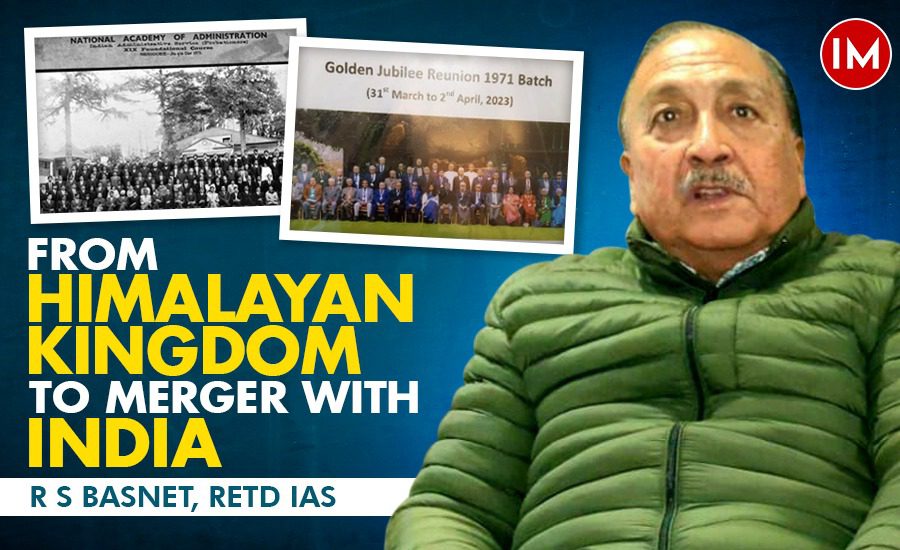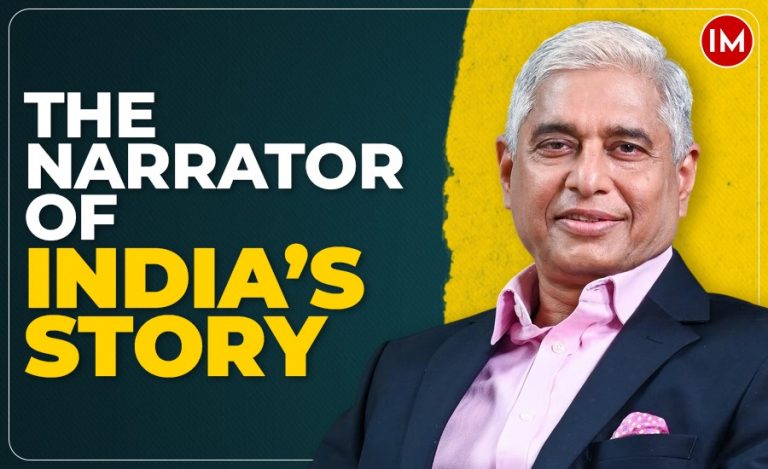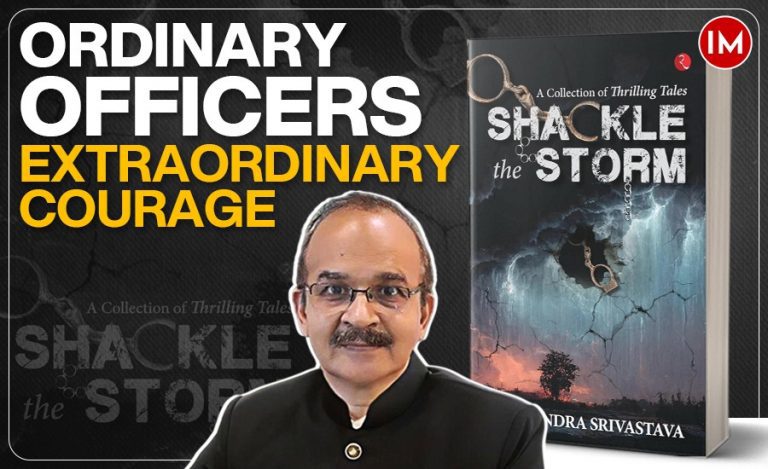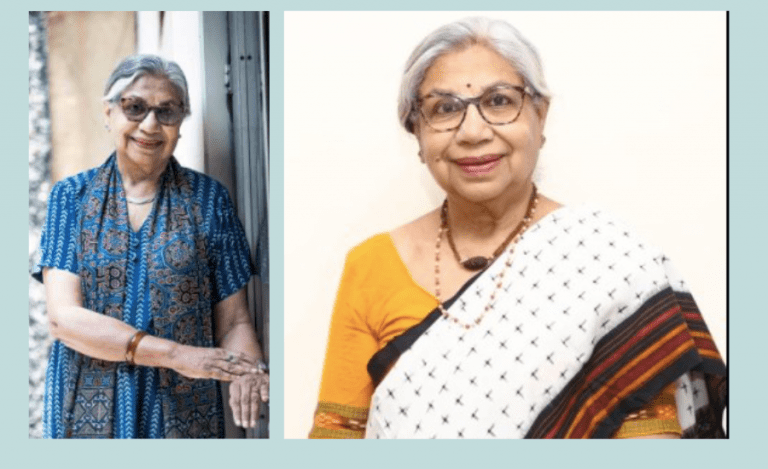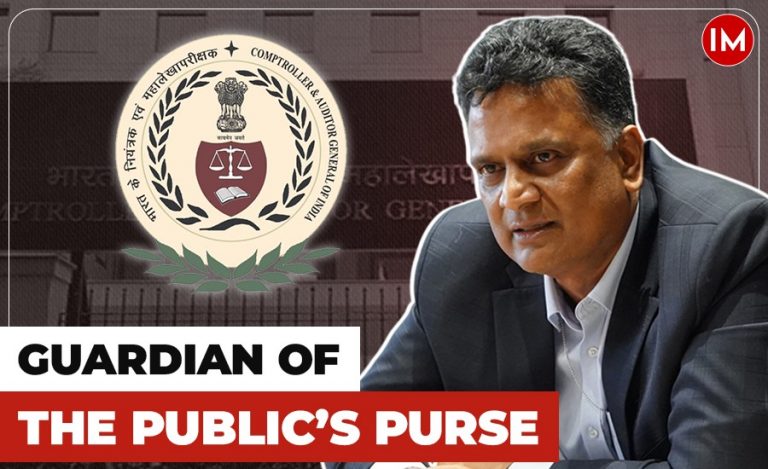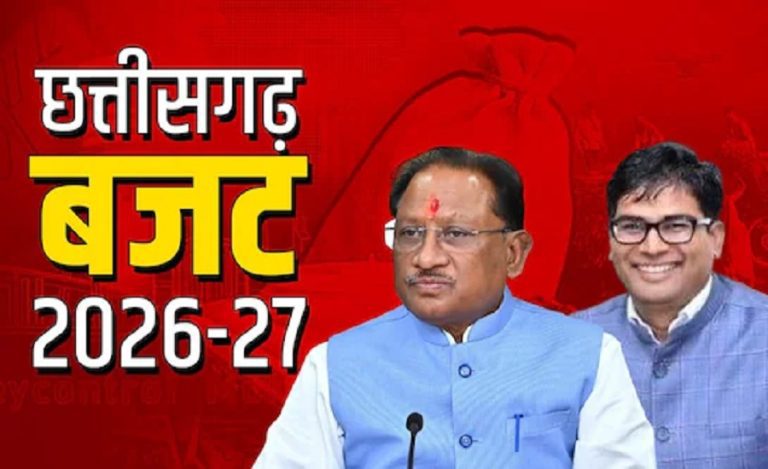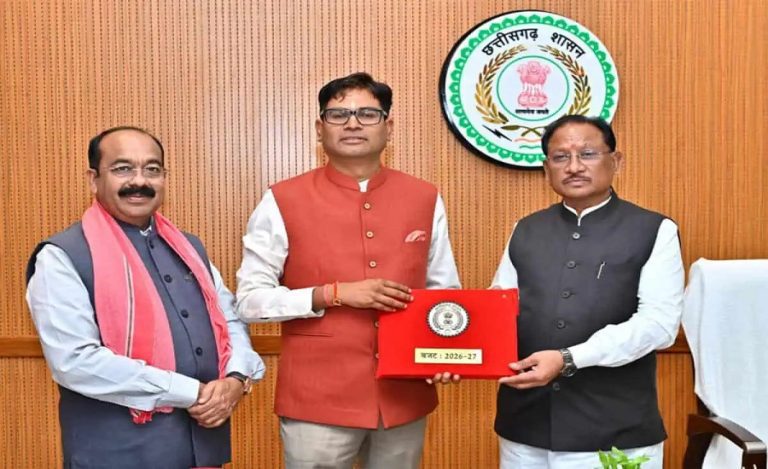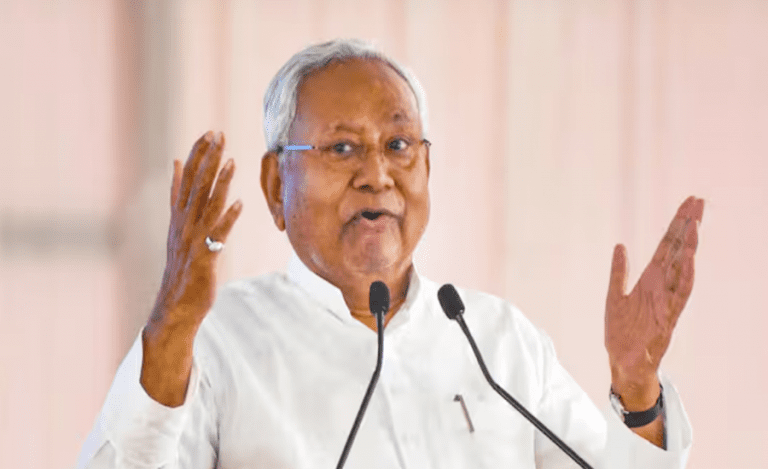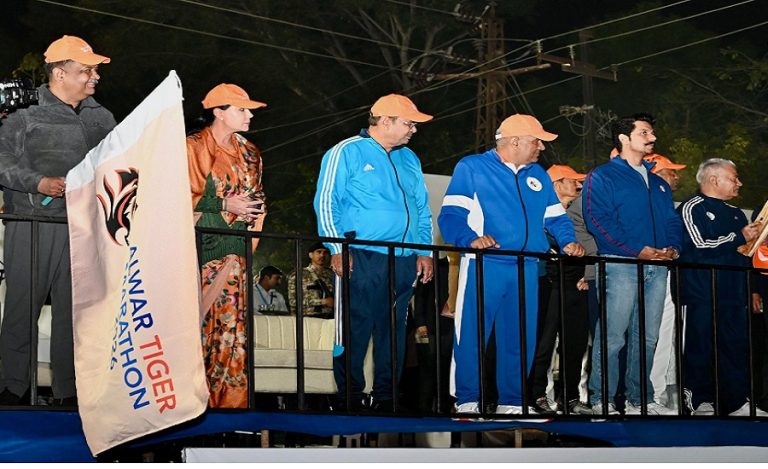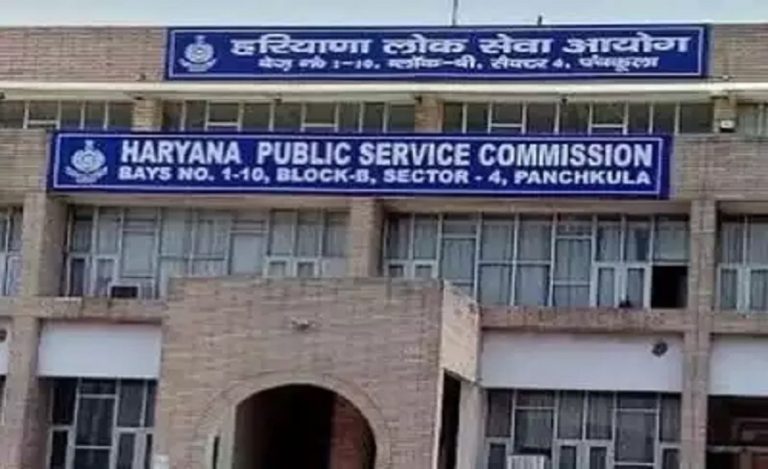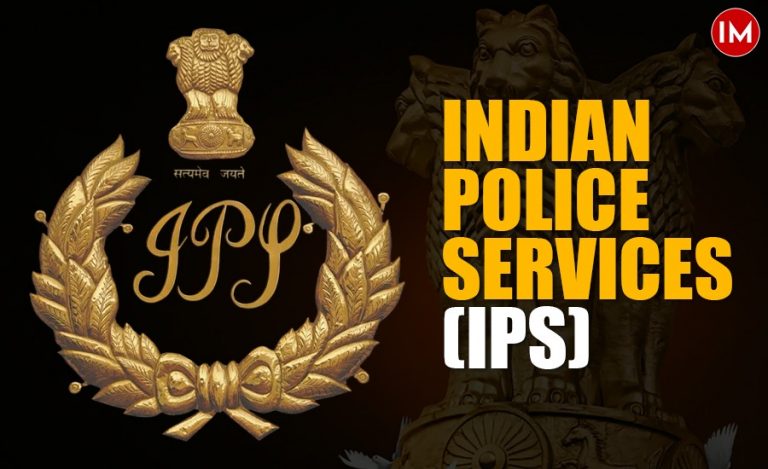When Mr. Ranjit Singh Basnet joined civil services, Sikkim was yet to merge with India. The history school teacher took the plunge into public service from the majestic Himalayan kingdom.
After Sikkim became a part of India, three officers were selected for Indian Administrative Service (IAS), one each from three different communities – Lepcha, Bhutanese and Nepali. Mr. Basnet was selected from the latter, making him the first from the Nepali community to become an IAS officer in Sikkim in 1971. Cheerfully he started his new journey from the Himalayas and reached Mussoorie hills for the Foundation Course for IAS Probationers in the National Academy of Administration.
After a glorious and enlightening innings in IAS, he retired in 1995. But, the then state government was not ready to let him go. They needed his deft expertise in administration gained from vast experiences across Sikkim and Assam. So, his last posting as Principal Secretary to the Chief Minister was extended on contractual basis. One extension led to the other and Mr. Basnet ended up remaining in this post till 2009, a good 15 years in the Chief Minister’s Office.
In conversation with Indian Masterminds, in Siliguri, Mr. R S Basnet walked down the memory lane to give an insightful and interesting account of his days in the IAS.
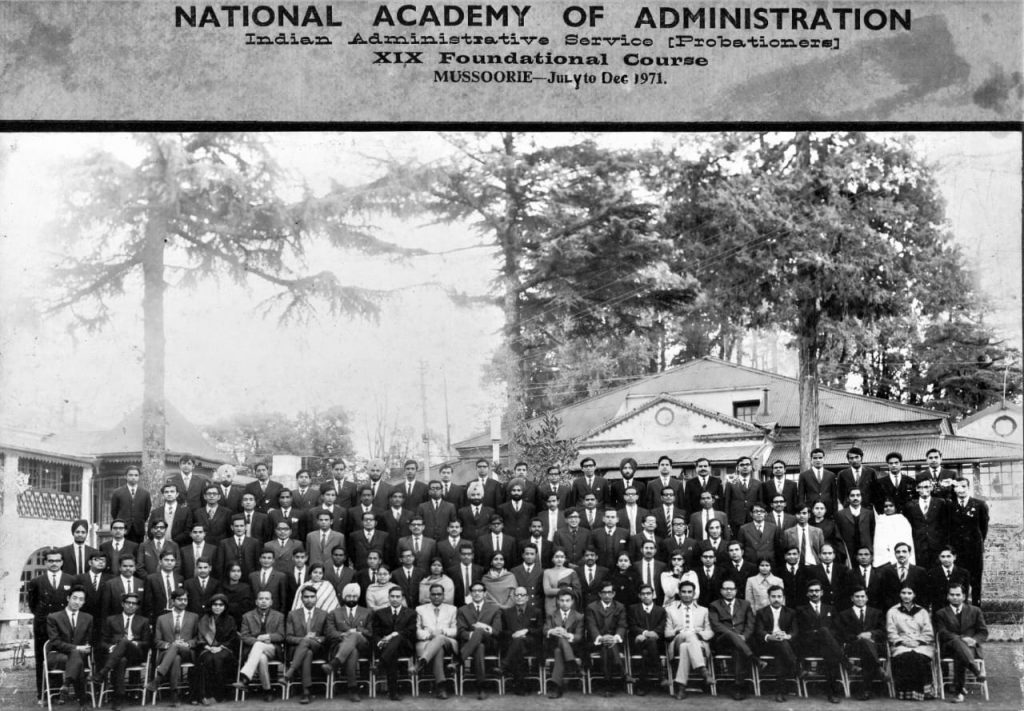
ASSAM DAYS
Soon after joining IAS in Sikkim cadre, Mr. Basnet was sent on inter-cadre transfer to Assam. He joined as Assistant Commissioner in Jorhat, a town in Upper Assam, steeped in history, and a prominent place of eminence during the Ahom rule.
“I was sent there basically to gain experiences, which I did!” he said. He assimilated himself into the local culture very fast, which had its good and not-so-good moments, both. He smilingly recollects the time when he started chewing a tamul (raw betelnut), which is offered with a fresh paan leaf as a sign of respect in Assam. It is even offered to gods during worship. “I could not refuse. I started chewing it. It was my first time and I had a terrible reaction. I felt so nauseated that I had to spit it out. You need to develop a taste for it, otherwise it can really burn your tongue.”
Another thing which he found discomforting was the colonial hangover, the absolute deference of the staff. “The driver assigned to me would not look at me while speaking. He eyes would be focussed on the left or right but never on me. Even when I addressed him, he would not look at me. He would stand with his eyes cast down. I found it very strange at first. Then I understood that this was a sign of respect, a practice from the British administration days.”
It took some time, but he managed to get his staff out of this practice. “I started speaking to them in Assamese. First thing I did was to learn their language. This helped me to connect with the local people and they warmed up to me. I still miss their ‘fish tenga’. It’s a local delicacy, a sour dish, but it really titillates the taste buds.”
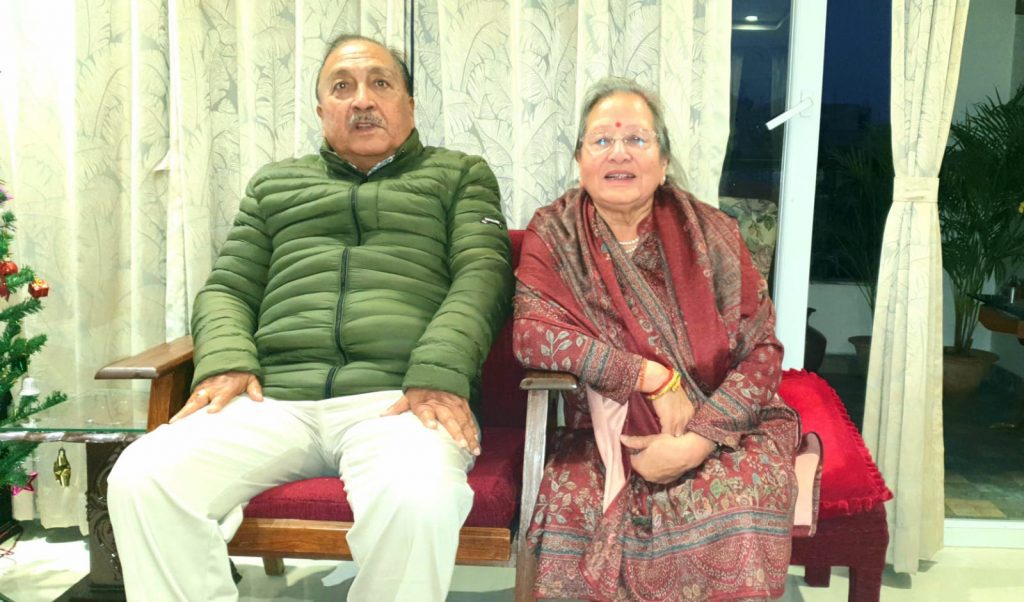
SIKKIM DAYS
On coming back to his home cadre Sikkim, he was posted in various districts and departments, which helped him accumulate experiences and wisdom on running the administration smoothly. Some of his significant postings were in the Education and Personnel departments. However, his most memorable posting was in the Chief Minister’s Office as the Principal Secretary to the Chief Minister, a post he retired from, but was still asked to stay on.
It was during the time of Chief Minister Pawan Kumar Chamling, the 5th CM of Sikkim from 1994 to 2019, making him the longest serving CM in India, surpassing West Bengal’s Jyoti Basu. Mr. Basnet’s retirement came during his stint in the CMO in 1995. But, he was kept on on a contractual basis. He ended up being in this post for 15 long years, until the change of regime in 2019.
Why was he indispensable? “I am very upright. The CM trusted me. Also, I never refused any task given to me,” he replied.
So, does this mean he toyed the CM’s line? He replied with a smile, “You have to do as your boss tells you. All officers have to do it. You should just know to how to strike a balance. When I explained that we should not go ahead with something to the CM, he listened because he had confidence in me.”
However, he did not hesitate to call out other political leaders if they attempted to bully him. This included ministers and MLAs. “Once, a MLA called me up around 2 am, and started shouting at me for not complying with a request. I gave it back to him in the same coin. I told him his threats cannot make me do it. I even challenged him for a physical bout if he wanted to fight it out – a boxing bout – somewhere outside.”
But, weren’t he afraid of the fallout of refusing the political leaders? “The CM had the final word, you see. So, they couldn’t touch me.”
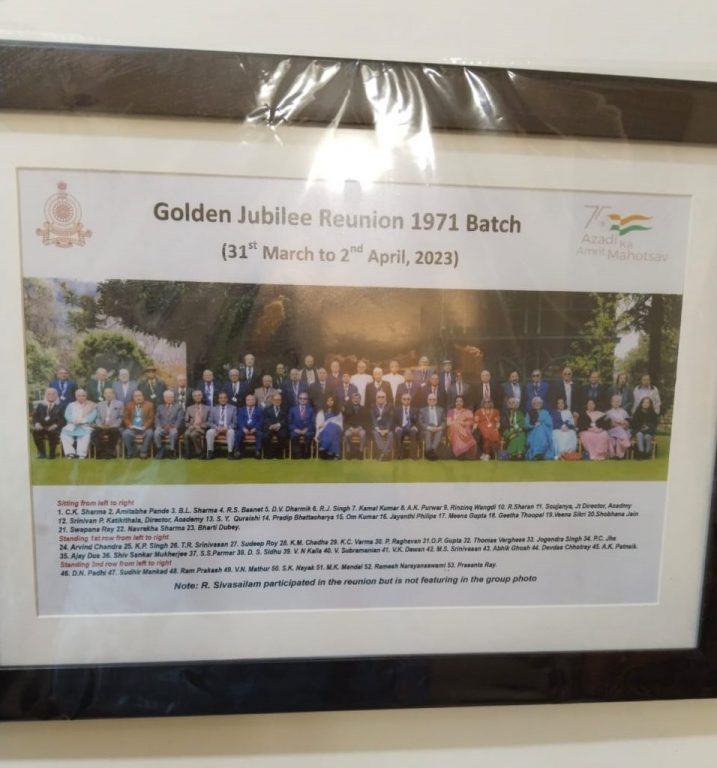
LIFE BEYOND IAS
After being a part of the power centre in the state, now that he has finally retired, he spends his days in reading books on History. Currently, he is reading up on Hamas, to get a better understanding of this Palestinian organisation. “I love history. I was a History honours student and I had taken this subject for my civil services exam.”
He had studied in schools and colleges in different states as his army officer father, who was in Assam Rifles, was frequently transferred. He was born in Dehradrun as his mother hails from this foothill town.
A proud father of three sons, Mr. Basnet now resides with his better half in Siliguri, the gateway to the hills of Darjeeling and Sikkim. He passes his time meeting up with close family and friends, and religiously pouring through books of History, and walking down the memory lane of his historical past in IAS that began with the merger of the tiny Himalayan kingdom to India in May 16, 1975, when Sikkim officially became the 22nd state of the Union of India.
What followed, thereafter, was an insightful up and down journey over hills and plains gathering pearls of wisdom and precious memories on the way. Mr. Basnet concluded with these words: “It was an eventful journey and I have no regrets. I advice the young and new IAS officers to enjoy the journey and take the bad with the good. And, be upright and not bend over backwards just to get plum postings. Stand up and be counted. That will earn you respect and the trust of those who matter.”

